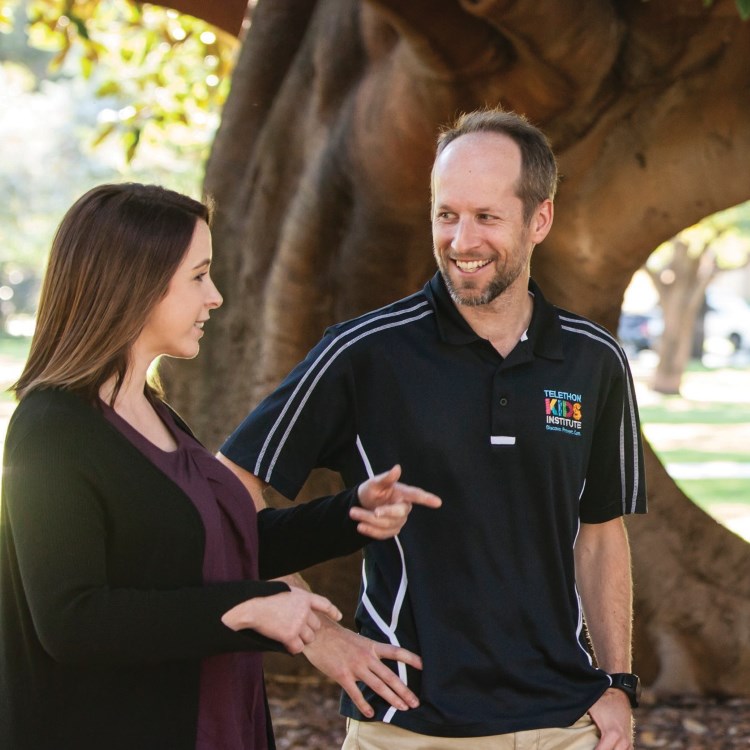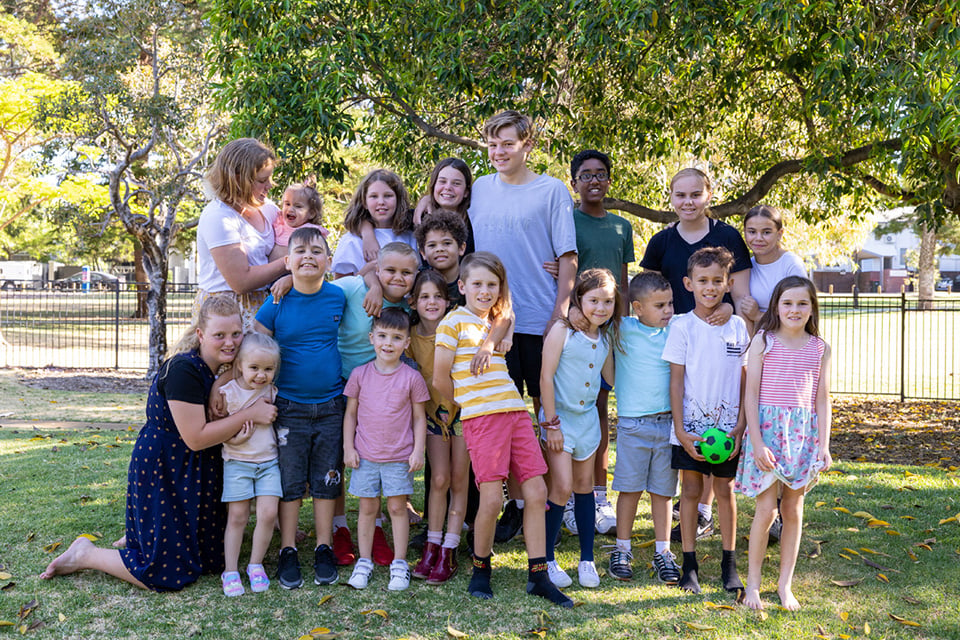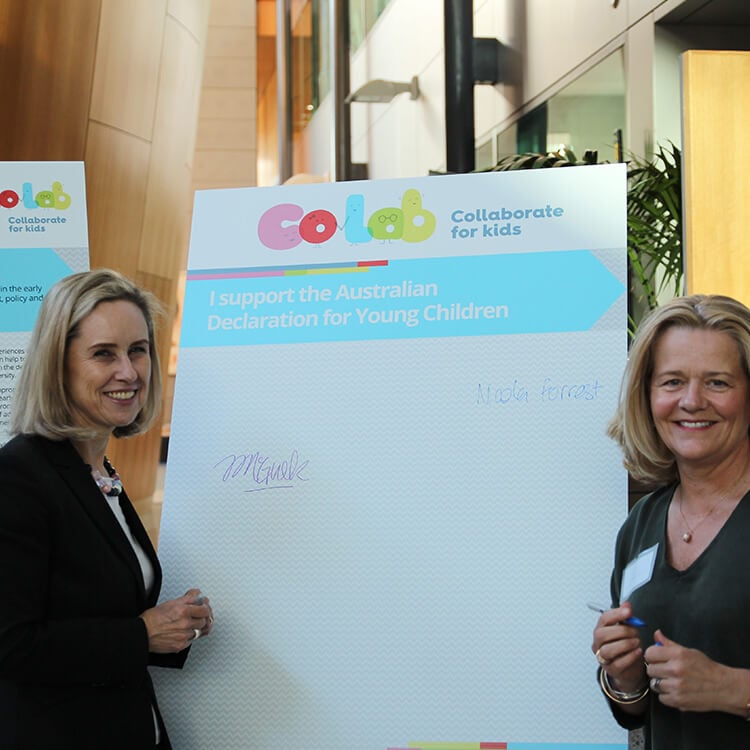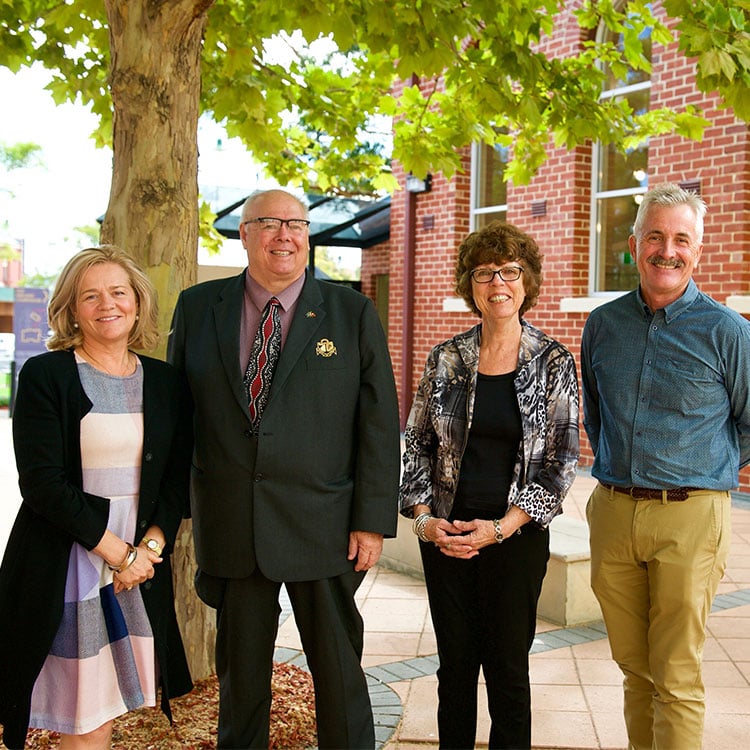Search
Research
The early Human Capability Index (eHCI)The Early Human Capability Index is a holistic measure intended to capture early child development across diverse cultures and contexts.

News & Events
Data goldmines yield priceless breakthroughsChild health and development researchers are increasingly turning to Western Australia's extensive population datasets for their ground-breaking work.
Research
Western Australian Child Development AtlasWe know that place, location, and geography can all influence health, wellbeing, and disease, and thus are important factors in policy development and service planning.

The Human Development and Community Wellbeing (HDCW) Team focuses on improving outcomes for children, family, and the community.

News & Events
New CoLab funding supports innovative therapeutic playgroup trialIt’s hoped a new therapeutic playgroup being trialled in Perth will help parents and caregivers cut through the stress and become more confident.

News & Events
Australia-first Declaration highlights early childhood action requiredMore than 70 leading early childhood experts have come together with CoLab to develop the first-ever Australian Declaration (of evidence) for Early Childhood.

News & Events
Building strong foundations for healthy brain developmentAn InFocus Research Interview with Kirsten Hancock of the Human Capability Team at The Kids Research Institute Australia on multigenerational disadvantage in Australia.

News & Events
The Impact of Poverty - interview with Louise GiolittoPoverty invades every aspect of a child’s life and, as a growing body of research tells us, affects physical and mental wellbeing as well as future opportunitie

News & Events
New report a catalyst for Midland to lead in collaborative community service deliverywe the people worked with CoLab, a partnership between The Kids and Minderoo Foundation, to investigatethe needs of local families with children aged 0to8

News & Events
InFocus Interview - Megan BellAn InFocus Research Interview with Kirsten Hancock of the Human Capability Team at The Kids Research Institute Australia on multigenerational disadvantage in Australia.
